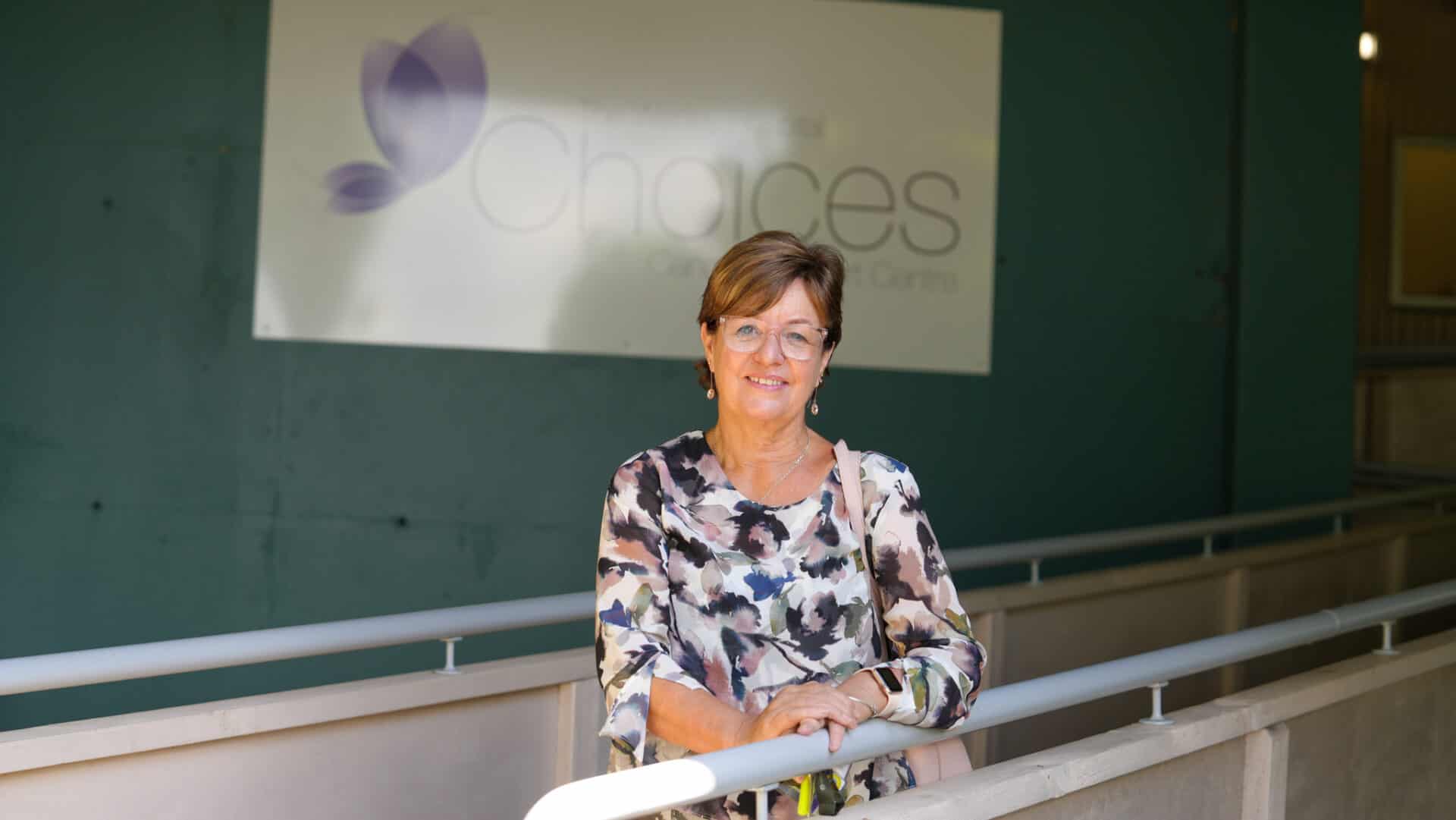
Dr Janine Porter-Steele and Professor Alexandra (Sandie) McCarthy are leading the FOXTROT project, focusing on delivering telehealth exercise therapy to cancer survivors living with ostomies.
Ostomy surgery, necessary for some cancer treatments, involves creating an opening in the abdominal wall for waste elimination.
This surgery, while lifesaving, can lead to significant physical and emotional challenges for survivors.
The FOXTROT project, supported by a grant from the Wesley Research Institute, aims to address these challenges by developing a personalised, accessible exercise program to enhance survivors’ wellbeing and reduce their risk of chronic conditions post-treatment.
“Our research is dedicated to improving the wellbeing of patients who have undergone ostomy surgery,” said Dr Janine Porter-Steele, who is the Clinical Nurse Manager at The Wesley Hospital Choices Cancer Support Program.
“We’re developing a tailored exercise program to build confidence and enable safe physical activity, which is crucial for mitigating the heightened risk of chronic conditions in this vulnerable group.”
We’re developing a tailored exercise program to build confidence and enable safe physical activity, which is crucial for mitigating the heightened risk of chronic conditions in this vulnerable group.
Dr Janine Porter-Steele

The project targets a range of issues that cancer survivors with ostomies face, including physical limitations, body image concerns, fear of complications and the emotional impact of adjusting to life after surgery. Through telehealth, FOXTROT offers a flexible, home-based exercise regimen that is sensitive to the unique needs of each participant.
“Our approach is highly individualised,” said Dr Porter-Steele.
“We engage with participants through weekly consultations with an exercise specialist, ensuring the program adapts to their symptoms, abilities and preferences. It’s about crafting an exercise journey that aligns with each person’s goals and progresses at their pace.”
The exercise programs include aerobic and resistance-based exercises, known to improve symptoms following treatment, enhance quality of life and lower the risk of health complications. By providing necessary equipment and offering a home-based program, FOXTROT empowers participants to manage their ostomy surgery recovery with dignity and confidence.
“The anticipated impact of our research on the physical and emotional wellbeing of cancer survivors is significant,” she said.
“By helping participants regain lost strength, flexibility and mobility, we’re not just aiding their physical recovery; we’re fostering a sense of wellbeing, optimism and vitality. Our goal is to help them not only recover but also to thrive.”
FOXTROT exemplifies a shift towards a more adaptable, patient-focused model of care, emphasising the specific needs and dignity of each survivor. Through this initiative, Dr Janine Porter-Steele and Professor Alexandra (Sandie) McCarthy, who is Dean of Research at Griffith University, aim to enable cancer survivors to reclaim their strength and live their lives fully.